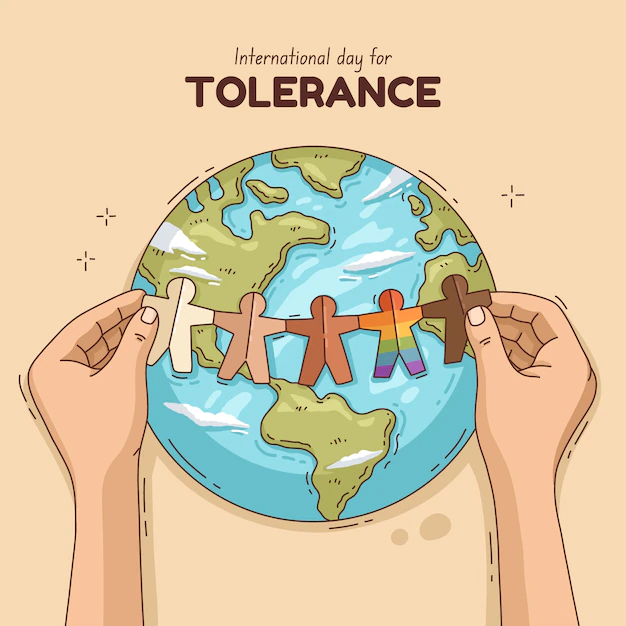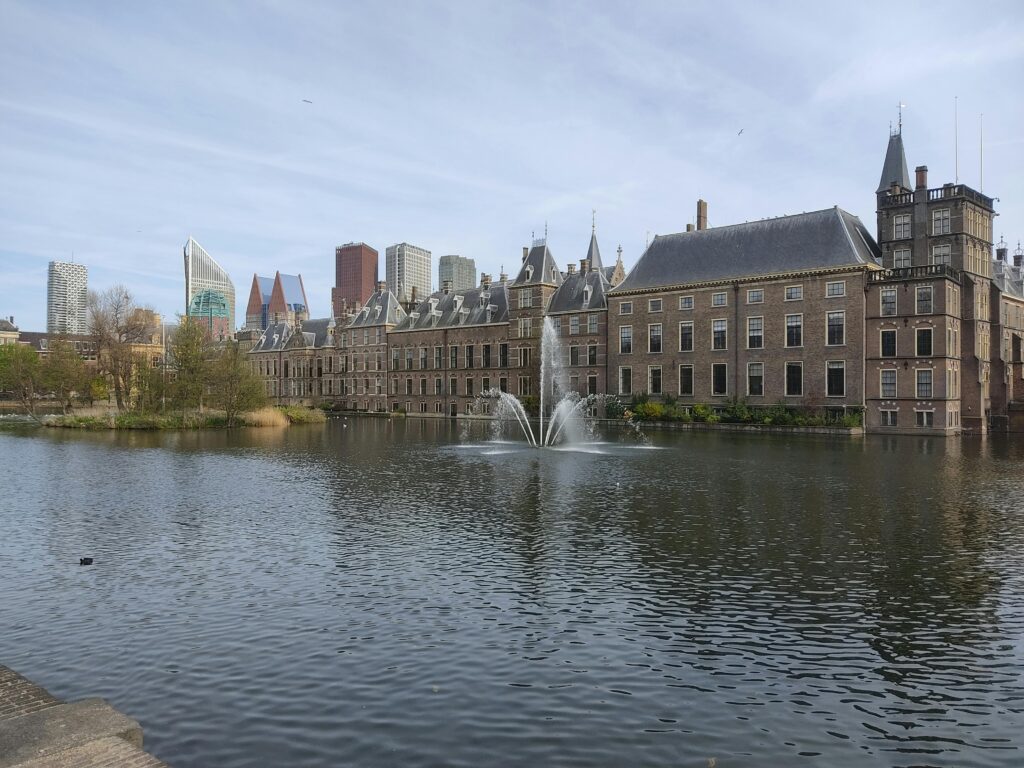In the current world climate, it is increasingly important to foster tolerance, understanding, and interpersonal relationships. We have the power to take small steps to build bridges between different peoples, cultures, and backgrounds. Through understanding and open-mindedness, we can create a safe space to reconnect and reconcile differences. By acknowledging our individual and collective histories, we can create a shared understanding of empathy and respect. Through honest, open dialogue and meaningful connections, we can bridge divides and create a stronger, more inclusive society. By taking the time to listen and learn from each other, we can work together to build a better future. Reconnecting through understanding is a powerful tool to foster tolerance and improve interpersonal relationships.
What is Tolerance?
What is Tolerance? Tolerance is the willingness to accept differences in opinions, beliefs, and lifestyles without passing judgment or attempting to control them. It is an important trait to possess, as it allows us to remain open-minded and understanding of those around us. Tolerance is a cornerstone of any healthy society, as it encourages us to accept and embrace diversity. By embracing diversity, we can create an inclusive environment that fosters understanding and acceptance of all people. However, tolerance is not just about accepting differences, but also about recognizing and respecting the rights of others. This means that we must be willing to listen to other perspectives and be open to different ideas. We must also be willing to compromise and work together to find common ground. In short, tolerance is about understanding and acceptance, not just of others, but also of ourselves.
Benefits of Fostering Tolerance
In addition, fostering tolerance can help to break down barriers between different cultures and backgrounds. By understanding and valuing one another, we can create bridges between different communities and foster understanding between them. This can help to reduce racism and prejudice, as people are more likely to accept and appreciate those who are different from them. Finally, fostering tolerance can create a sense of belonging and acceptance among those who have been excluded and marginalized. By understanding and respecting one another, we can create a more inclusive society that allows everyone to feel safe and secure. This can help to create a more equal and just society, as people are more likely to be treated equally regardless of their background or culture.
Strategies for Fostering Tolerance in the Workplace
1. Promote Diversity and Inclusion: Promoting diversity and inclusion in the workplace is essential for fostering tolerance. By encouraging diversity and inclusion, you can create a workplace where everyone feels accepted and respected.
2. Encourage Open Communication: Encouraging open communication between employees is essential for fostering tolerance. By creating a safe space for employees to discuss their differences and opinions, you can create an environment where everyone feels comfortable expressing themselves.
3. Celebrate Differences: Celebrating differences in the workplace is a great way to foster tolerance. By recognizing and celebrating the unique qualities of each employee, you can create an atmosphere of understanding and acceptance.
4. Offer Training: Offering training on diversity and tolerance is a great way to foster understanding and acceptance in the workplace. By providing employees with the tools they need to understand and appreciate one another, you can create a more inclusive environment.
5. Support Employee Networks: Supporting employee networks is an effective way to foster tolerance in the workplace. By creating a safe space for employees to come together and discuss their differences, you can create an environment where everyone feels comfortable and accepted.
Steps for Improving Interpersonal Relationships
1. Practice Open-Mindedness: Practicing open-mindedness is essential for improving interpersonal relationships. By being open to different ideas and perspectives, you can create a safe space for understanding and acceptance.
2. Listen and Respect: Listening and respecting one another is essential for improving interpersonal relationships. We can create an environment of understanding and respect by taking the time to really listen to each other.
3. Acknowledge Shared Histories: Acknowledging shared histories is a powerful way to foster understanding and respect. By acknowledging our individual and collective histories, we can create a shared understanding of empathy and respect.
4. Seek Common Ground: Seeking common ground is essential for improving interpersonal relationships. By taking the time to identify areas of agreement, we can create a stronger foundation of understanding and respect.
5. Take Responsibility: Taking responsibility for our actions is essential for improving interpersonal relationships. By taking responsibility for our own words and actions, we can create a safe space for understanding and acceptance.
The Importance of Open Dialogue
When engaging in open dialogue, it is important to be respectful and non-judgemental. It is also important to listen carefully and be open to different perspectives. By listening to one another and being open to different points of view, we can create a safe space for understanding and acceptance. Engaging in open dialogue can also help to build trust and foster understanding between different groups. By taking the time to listen to each other and engage in meaningful conversations, we can create a stronger foundation of understanding and respect.
Advantages of Meaningful Connections
Meaningful connections can also help to create a more peaceful and harmonious society. By getting to know one another and sharing our experiences and perspectives, we can create a more unified and inclusive society. Creating meaningful connections is also important for our own personal growth and development. By taking the time to connect with others, we can learn more about ourselves and gain a better understanding of the world around us.
The Power of Acknowledging Shared Histories
Acknowledging our shared histories can also help to foster understanding and respect between different cultures and backgrounds. By understanding our similarities and differences, we can create bridges between different communities and foster understanding between them. Finally, acknowledging our shared histories can help to create a more peaceful and harmonious society. By understanding and respecting one another, we can create a more inclusive society that allows everyone to feel safe and secure.
Ways to Bridge Divides
1. Listen and Respect: Listening and respecting one another is essential for bridging divides. We can create an environment of understanding and respect by taking the time to really listen to each other.
2. Seek Common Ground: Seeking common ground is essential for bridging divides. By taking the time to identify areas of agreement, we can create a stronger foundation of understanding and respect.
3. Foster Understanding: Foster understanding by engaging in honest and respectful conversations. By taking the time to listen to each other and engage in meaningful conversations, we can create a stronger foundation of understanding and respect.
4. Create Meaningful Connections: Creating meaningful connections is essential for bridging divides. By taking the time to connect with others, we can create a stronger sense of community and inclusion.
5. Acknowledge Shared Histories: Acknowledging our shared histories is essential for creating a more unified and inclusive society. By taking the time to learn more about each other’s histories and cultures, we can create a shared understanding of empathy and respect.
Conclusion
At the end of the day, it is up to us to make the world a better place. By embracing diversity and fostering understanding, we can create a society that is stronger, more unified, and more inclusive. Through our individual and collective efforts, we can work together to create a brighter future for us all.


